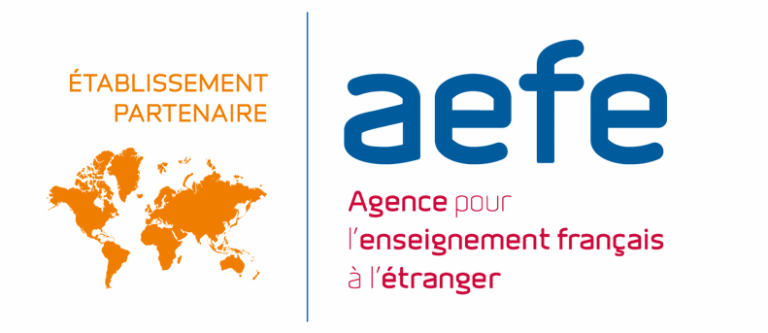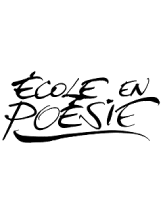In his book Error: A Tool for Teaching and Learning, Jean-Pierre Astolfi proposes a new perspective on error in education. Often seen as a failure, error is actually an indispensable step in any learning process. It reflects the efforts and mental strategies employed by students to understand and solve problems.
Astolfi encourages teachers to view errors not as faults to punish but as pedagogical tools. By analyzing students’ mistakes, teachers can better understand their reasoning and initial representations. These representations, though incorrect, serve as the foundation upon which new knowledge can be built.
De-dramatizing error is essential for fostering a learning environment where students feel confident to experiment without fear of judgment. By valuing errors, we promote their critical thinking, curiosity, and ability to overcome challenges.
Far from being a mere corrective mechanism, errors also help develop metacognition—the ability of students to understand their own learning processes. Learning to identify and analyze their mistakes is, in essence, learning how to learn.
Astolfi reminds us that error is not an endpoint but an opportunity to go further.
By fully integrating it into educational practices, we help students progress while building their confidence and autonomy.
















